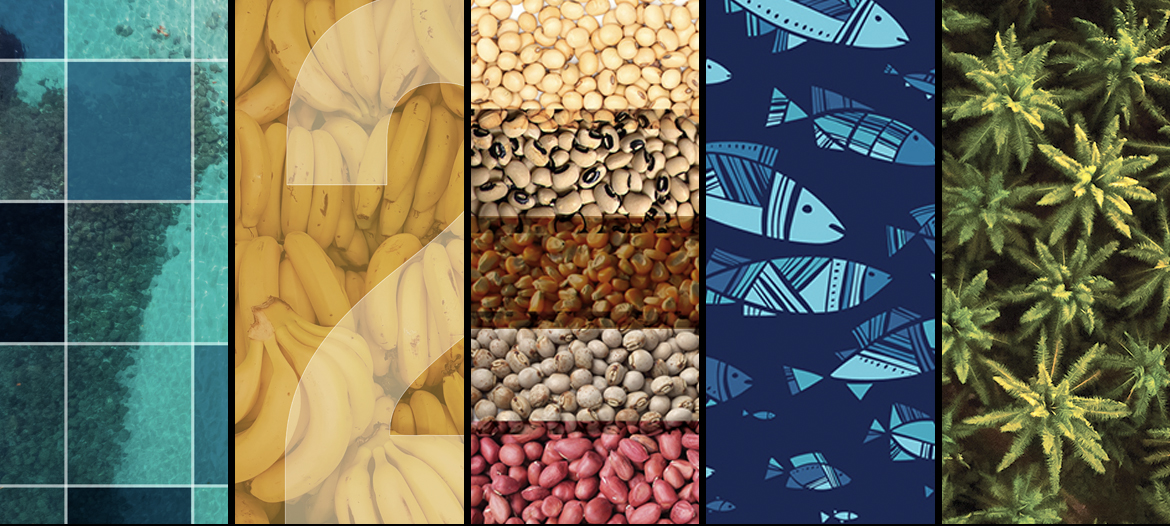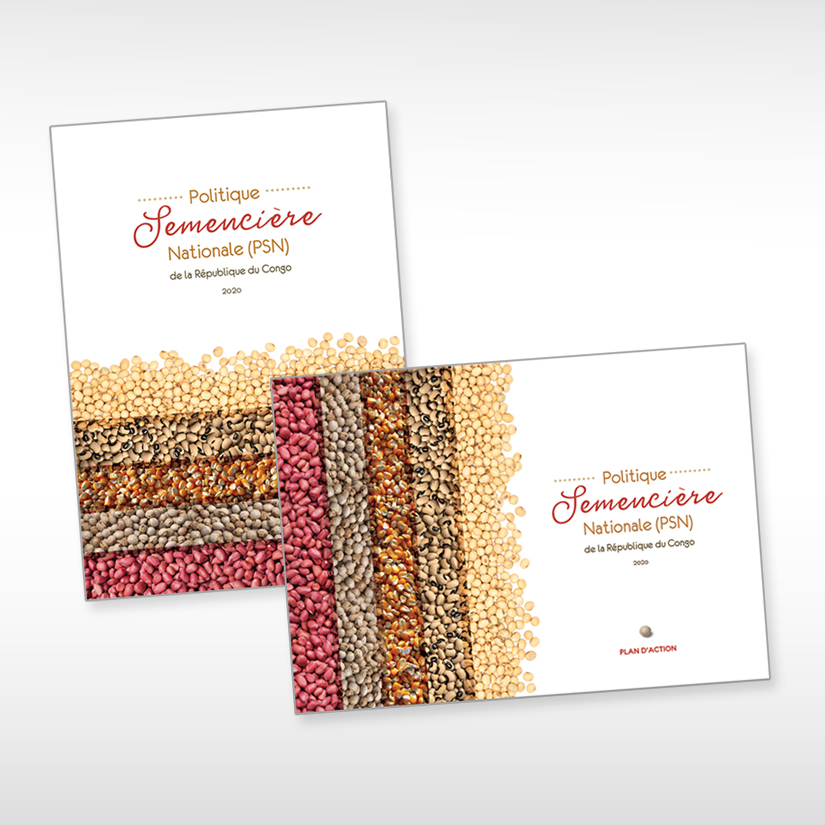Food and Agriculture Organization of the United Nations (FAO), 2021



Context
Despite abundant rainfall and vast arable land, only 2% of the Republic of the Congo’s land is cultivated, and its agricultural sector underperforms, contributing less to GDP over time. Factors like limited investment, poor infrastructure, and reliance on food imports exacerbate food insecurity. To address these issues, the government introduced the National Seed Policy to enhance agricultural productivity and reduce reliance on imports.
Objectives
The National Seed Policy aims to:
- Ensure a consistent supply of high-quality seeds adapted to local conditions.
- Professionalize the seed sector by clarifying stakeholder roles.
- Increase agricultural productivity and economic diversification as per the PND 2018-2022.
- Encourage private sector investment in the seed industry.
- Harmonize national seed regulations with the CEMAC framework to enhance regional seed trade.
Solution
The policy strengthens the seed value chain by:
- Aligning with regional CEMAC seed standards for cross-border trade.
- Supporting R&D for improved plant varieties.
- Enhancing the capacity of national seed farms with better infrastructure and technical support.
- Establishing seed certification and quality control systems.
- Promoting public-private collaboration to boost investment in the seed sector.
Results
The policy has led to:
- Increased collaboration between public and private sectors, attracting investment.
- Improved access to quality seeds, boosting agricultural yields.
- Strengthened seed certification and regulation, ensuring higher standards.
- Better integration with regional markets, facilitating seed trade.
- Progress towards the PND 2018-2022 goals of economic diversification and sustainable job creation.
By modernizing the seed industry and aligning with regional standards, the Congo is strengthening its agricultural sector as a driver of economic growth and food security.


